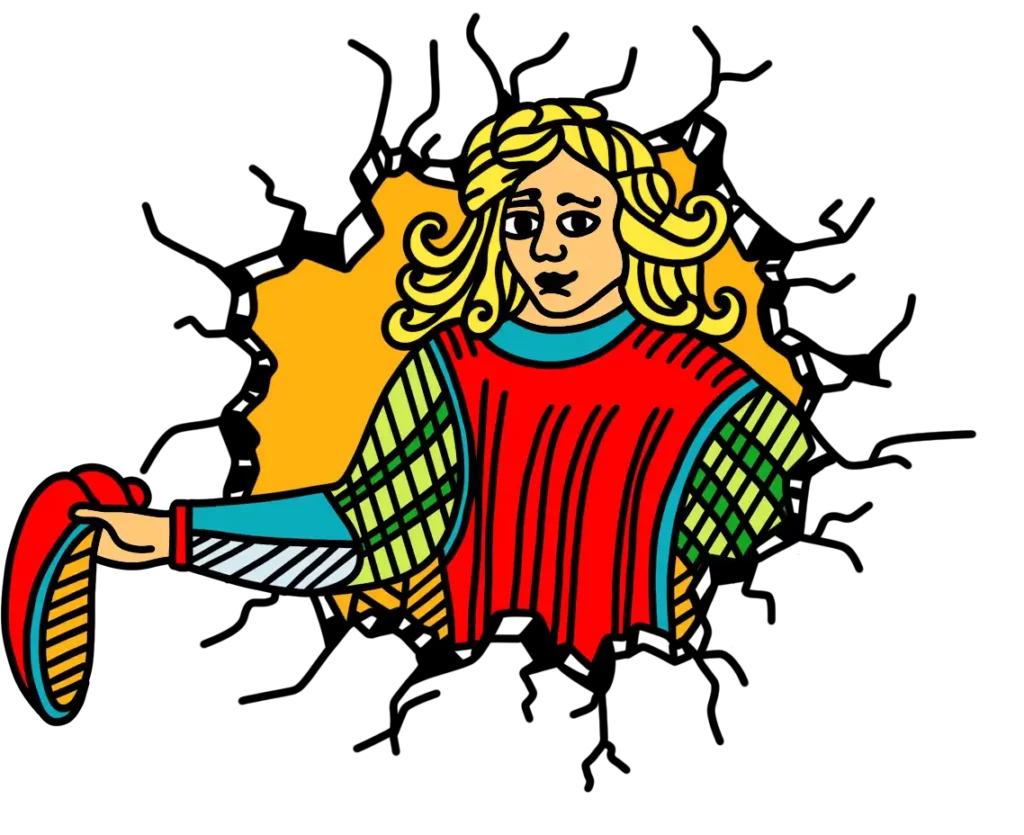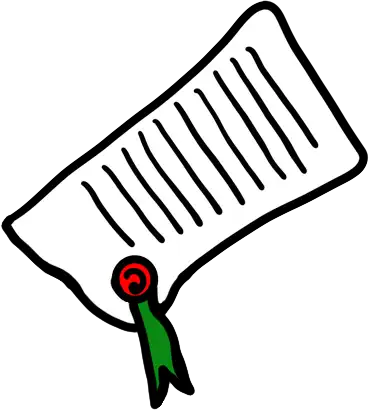
“There is no genius without a grain of madness”
The name of this card is called “le fou” in French. It can be translated as “the fool” in English. If you notice any translation errors in this article, please let us know for our entire community. You can leave your comment at the bottom of this page.

The joker, the fool, the excuse, the idiot, the adventurer, the explorer, the “mat”, the madman, “il matto” and there are many other names than this card could carry. Finding the name of this card is not easy for a game like the Oracle of Marseille which aims to have a more contemporary vision while preserving a certain tradition. In the oldest Marseille tarot, this unnumbered card bears the name of the fool, “the fool” exactly. But it seems that this is an error in translation of the Italian word “il matto”, which means “crazy” but which has more distant origins, notably from the Arabic “mat” which means “death”. .Indeed, this term is regularly used in the game of chess, don’t we say checkmate?Mate appears as the one who isdejected, afflicted, humiliated and above all defeated . We will keep the terminology “The Fool” in Latin reference to the low Latin “follis”, which translates to balloon, in the sense inflated with air. We will understand that the madman’s head is filled with air, hollowness, emptiness, in a certain way, he is disturbed and has lost his mind.
In a more contemporary way, some of our expressions could suit him, “he’s bloated”, “looking stupid”, “having a hollow head”, “a wind of madness”, “he doesn’t lack look”, “look stupid”, “lose your mind”. Other expressions exist without mentioning them all,the notion of simple-mindedness is still very present today. The madman can thus be an idiot, stupid, without reflection and annoying, even curiously disturbed. Other notions have been added with card games, notably excuse or even < strong>the joker. The joker, an Anglo-Saxon word, defines infinite potential and brings us back to our limits of good behavior. Having a joker is alsothe unexpected solution, the one that luckily falls to spades. In a more courteous way, in the tarot game in Europe, the fool was regularly called “excuse”. Indeed, the excuse is a very romantic way of presenting a pretext to avoid a bad luck.Excuses are made to use them. We understand that there are then 2 camps which determine the arcana of the madman, that of reason and that of madness.
The fool reminds us all of our position in our lives, because he is the irrational one. It is a cursor ofnormality, or you will have heardabnormality. In our societies we are constantly reasoning, and the madman is located on the radically opposite spectrum.He questions us, challenges us about our own madness, about our lives.Moreover, the madman is also a jester, a ridiculous man. Jesters are present to amuse and entertain, particularly during their first appearances in the 14th century. Are we ready to exceed our limits? Are we ready to venture into unexplored lands, ignoring the risks? Some have ventured there and lost their lives, others, we are building more exciting properties. If some have radically changed and evolved by following the path of the madman, this raises the question: is the madman a driving force behind human transformation? Do you have to be crazy to regain your sanity?
The fool, is he really a fool? Are we all crazy?The joker brings us back to the essence of established truths, because what is crazy for the mountaineer is to stay in his armchair in front of his television, but for the one who is in his chair is the mountaineer at the top of a summit and in the ice who risks his life at every moment and being swept away by an avalanche. Danger, the madman does not care, because only life is his responsibility. The purpose of one’s life is that it must be lived as it is with its risks. Normality is a norm. My standard is not that of others, and vice versa. Who sets the standard?
Let’s return to our starting point,the bishop and the checkmate tell us the same thing. Life must be lived because we are all mortal, and we are all going to the same place. This duality of the reasonable and the unreasonable, of the wanderer and the sedentary, on established standards, questions us about our degree madness. His dog, friend and faithful companion is in his right mind. Will he follow him on this path? Would his frenzied scepter whisper unreasonable words or evils to him?This is also a very interesting question. When we lose our minds, we regularly hear“I wasn’t myself.” So what, who were you? Who took the place of this “I”? Who incarnated in your body? And you, is the madman in you?
Unconscious
Unreasonable
Normality
Buffoonery
Madness
Way
Awareness
Risks
Hazard
Boundaries
Beliefs
Indulgence
Apologies
Idiocy
Immoral
Frame
Disturbs


